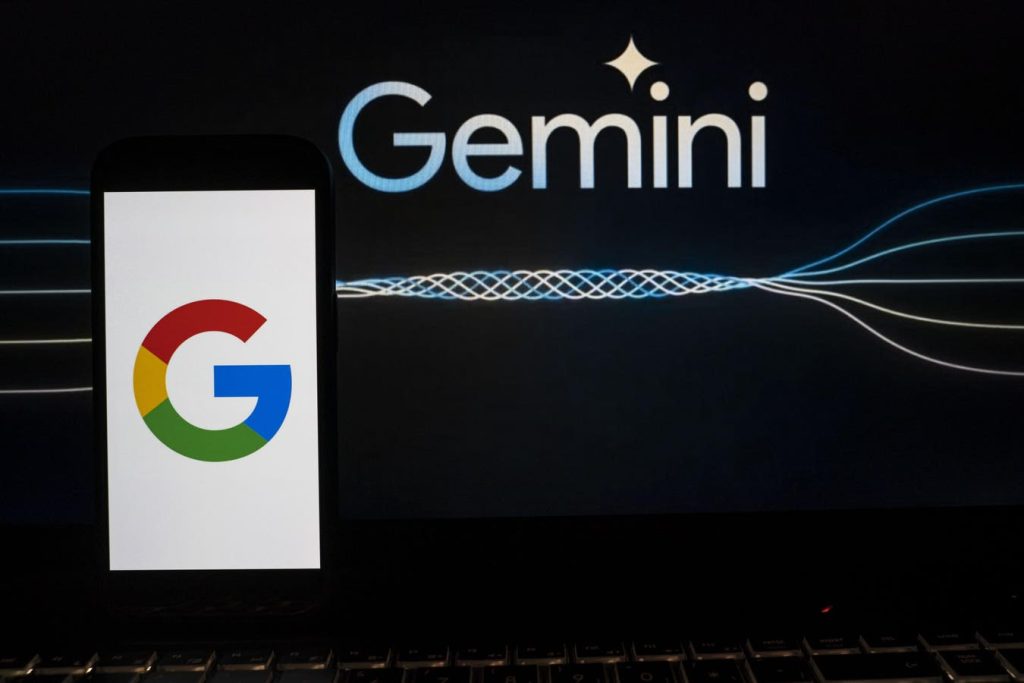Google’s recent announcements regarding changes and product launches in the advertising, search, and AI assistance space are set to significantly disrupt the way we navigate the online world. One of the key changes is the shift in search engine optimization, as Google is moving towards generative AI responses to user queries rather than displaying pages of website links. This change will require companies to ensure that their website content is able to answer specific questions in order to be included in search results, pushing those who are unable to do so further down. News organizations and businesses reliant on Google for customer acquisition will need to revamp their SEO strategies in response to these changes.
In addition to alterations in SEO, Google’s changes will also impact advertising campaigns, pushing companies to create more relevant ads that may show up within the generative AI response. This could lead to a decrease in click-throughs to company websites as consumers obtain the information they need directly from search engine results pages. As a result, businesses will need to adjust their ad campaigns to align with the new reality of AI search, potentially leading to increased complexity and a learning curve for those involved in running these campaigns.
Google has also announced updates to the look and functionality of ads, particularly for those selling products online. Product profiles will be enhanced with greater emphasis on imagery, videos, and customer reviews. Companies will need to ensure that their media is professional in order to avoid negative impacts on their online presence. Additionally, Google has introduced new tools such as Virtual Try-On, allowing users to visualize products and increasing confidence in purchasing. Ad design will need to be re-envisioned in response to these changes, and businesses will need to familiarize themselves with new tools such as the product studio.
Under Project Astra, Google’s Gemini AI platform aims to improve productivity in the workplace by recognizing objects, solving complex problems, and enhancing employees’ ability to complete tasks efficiently. As this technology evolves, employees will be better equipped to answer questions, solve problems, and carry out tasks more effectively. However, businesses will need to invest in training and development to ensure that employees are able to leverage these tools to their full potential.
Despite the advancements in AI technology, the integration, customization, and training required to effectively utilize these tools will require human intervention. Businesses looking to fully leverage Google’s AI offerings will need to invest in the skills of their employees to adapt to these changes. Those who are able to embrace this technology and use it to enhance their work will be better positioned for success in a rapidly evolving digital landscape. Overall, the key takeaway from Google’s recent announcements is the importance of investing in people to capitalize on the potential of AI tools and keep up with the changing digital landscape.


